Exploring Jewish Portugal
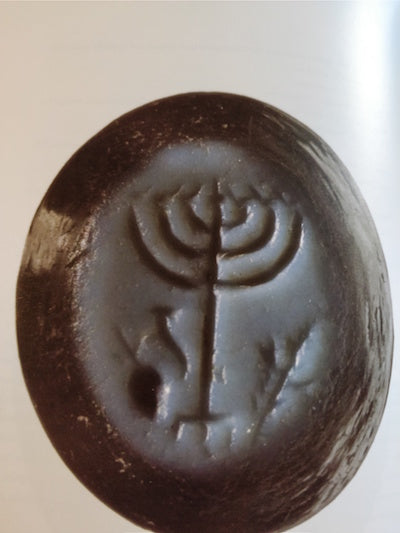
Surrounded by lush turquoise waters and an abundance of religious history, Portugal is an iconic land where Jewish culture reigns within traces of artifacts and rich antiquity. Several towns hold reminiscent features of these ancient incidents: the Jewish quarters, or Judiarias, constructed their iconic synagogue here in Castelo de Vide, now the oldest in all of Portugal. 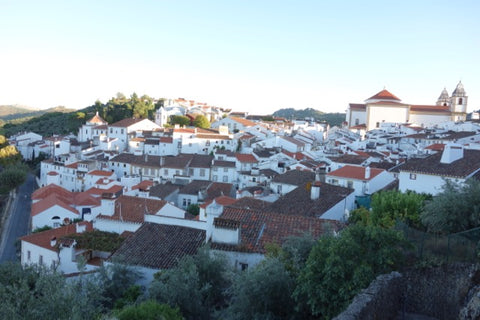
After being expelled from Spain in 1492, Castelo de Vide’s Judiaria was extended on to the small town of Marvão, where thousands of these Jewish members also settled down into following their expulsion. It would not be uncommon to view a cross upon the doors of these run-down houses, serving as a solemn reminder of the forced conversion to Christianity in the 15th century. In this process of assimilation, the Jews would sometimes discard their belongings or sell them for cheap to only travel with what they were able to carry.
Another distant, though extremely important region in Portugal that highlights cryptic Jewish traditions is the town of Belmonte; 1496 brings to attention the secrecy of practiced religion – Sephardic Jews here were not allowed to express or acknowledge their faith in public. This concealed activity in practice led to many Jewish followers in Belmonte carrying out their religious intentions in secrecy – and therefore, losing a bit of their sense of spirit in the practice of Judaism. Therefore, the Belmonte museum on Portuguese Jews came to fruition in order to restore a sense of purpose to this unique community. In the mid-nineties, the stunning Beit Eliahu (Son of Elias) synagogue was established in the Belmonte Judiaria, and Portuguese Jews and their families with long lineages to the Bairro de Marrocos still live in the area.
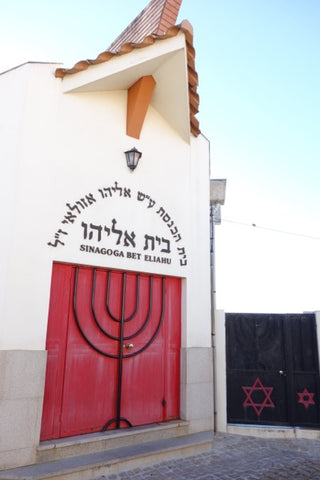
Although the 14th and 15th centuries are significant turning points for the history of Jewish influence in Portugal, their presence on the Iberian Peninsula runs back hundreds of years before. Before Portugal was established as a nation and the region was known as Lusitania, a Jewish population was known to persist in the area through the ages of the Roman Empire, the invasion of the Visigoths and the Moorish conquests in the 8th century. Many Sephardic Jews were offered positions as spies for the Christians, granting them working positions during the Reconquista. However, the high racial and religious tension resulted in heavy prejudice from the Christians against Jewish practice during this period, even though the Jews were taking the risk of obtaining such beneficial, treacherous information to keep themselves on the Christians' good side.
This melting pot of scattered Judiarias ranges from small villages to major cities in the country, and of course, Porto and Lisbon are no exception. The community carried out their religious practices in the land bestowed upon them by King D. John I in the 14th century, either at the church of Nossa Senhora da Vitûria or the primary synagogue Escadas da Esnoga. A significant number of converted Christian Jews lived in Porto, to the point where the city became home to an incredible amount of Sephardic Jewish merchants, and is home to one of the largest synagogues in Europe: the Mekor Haim (Fountain of Life).
Last but not least, the vibrant capital of Portugal pays homage to its Jewish citizens with a variety of active synagogues, holiday celebrations, and memorials. The Carmo Ruins, Shaaré-Tikvá (Gates of Hope) Synagogue, and official headquarters of the Jewish Community are but a few of the cultural offerings of Lisbon to interested tourists and intrigued natives alike. Here, the headquarters of the Order of the Knights Templar was established in a grand castle, and in the 14th and 15th centuries a surprisingly large community of Portuguese Jews flourished. With a wide, open ceiling and sophisticated pillars, the beautiful synagogue stands to this day with a new name: the Abraham Zaccuto Museum. Dozens of articles, scrolls, texts and headstones are exhibited in the museum, boasting the characteristics of the Jewish religion in Lisbon.
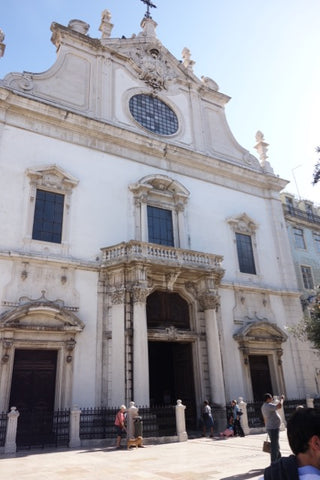
The church of São Domingo, in one of the most popular areas of Lisbon, is the location where the Great Earthquake of 1755 destroyed the former convent, and to add to such bad luck, in the 20th century another fire left the pillars of the church scorched and put under renovation. The church now stands as an homage to the massacre of 1506, where more than a thousand Jews were brutally slaughtered under the Inquisition.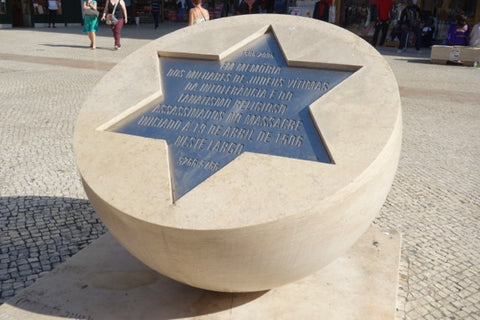
The Jewish community in Portugal exemplifies true resilience throughout the ages, and one can delve into the most enlightening history, tradition and culture by simply stepping foot onto Portuguese soil. The reminiscence of still-standing Judiarias describe the very highs and lows of Jewish history, yet, such perseverance and strength constitute an unwavering atmosphere that can be felt in the murmurs heard in Jewish synagogues, or perhaps scribbled down in historic fables that are read to this day. The highlights of Jewish Portugal wait for those who are willing and ready to embrace some of the nation’s most shameful events of history, along with the most powerful.
The Letango Portugal Jewish Tour covers most of the stunning destinations mentioned in this article. Immerse yourself in the rich posterity of Jewish culture in Portugal with our engaging and well planned tour.
Text By Ayana Green
Photos by Carlos Galvin
- Carlos Galvin






Comments 0